Home | Luxury
Over the past years, the luxury industry has experienced a period of exceptional value creation.
Initially based on centuries-old houses and craftsmanship, this rise was accompanied by a significant increase in volume.
Since 2024, growth in the sector has slowed, forcing companies to question and rethink their strategies.
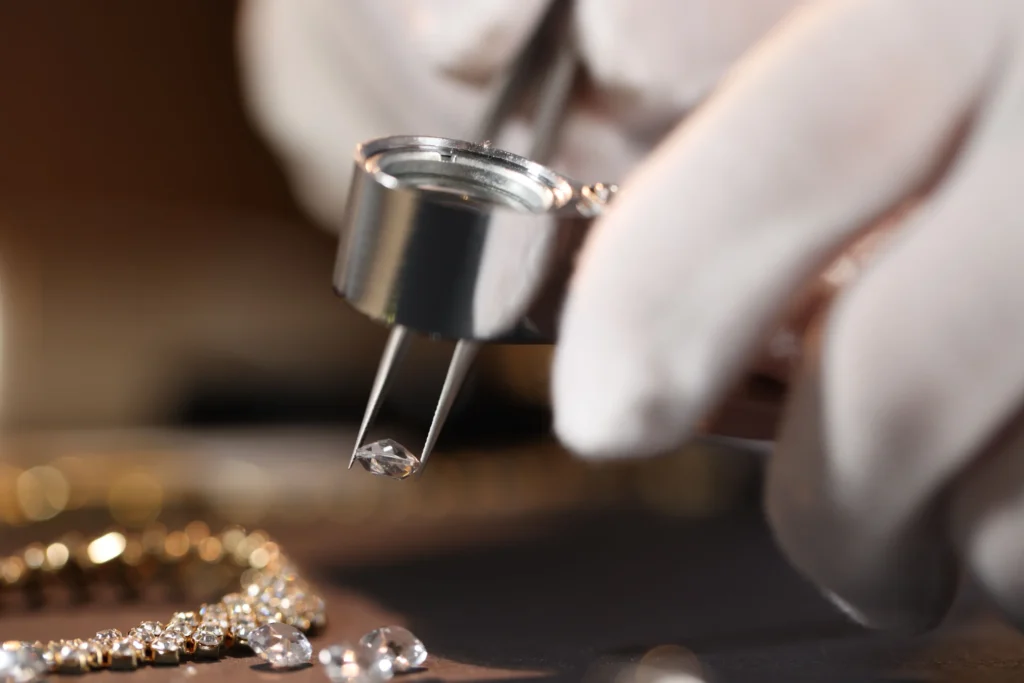
Companies that can realign themselves with their artisanal heritage by implementing sustainable sourcing and best-in-class manufacturing practices will maintain the desirability of their brands.
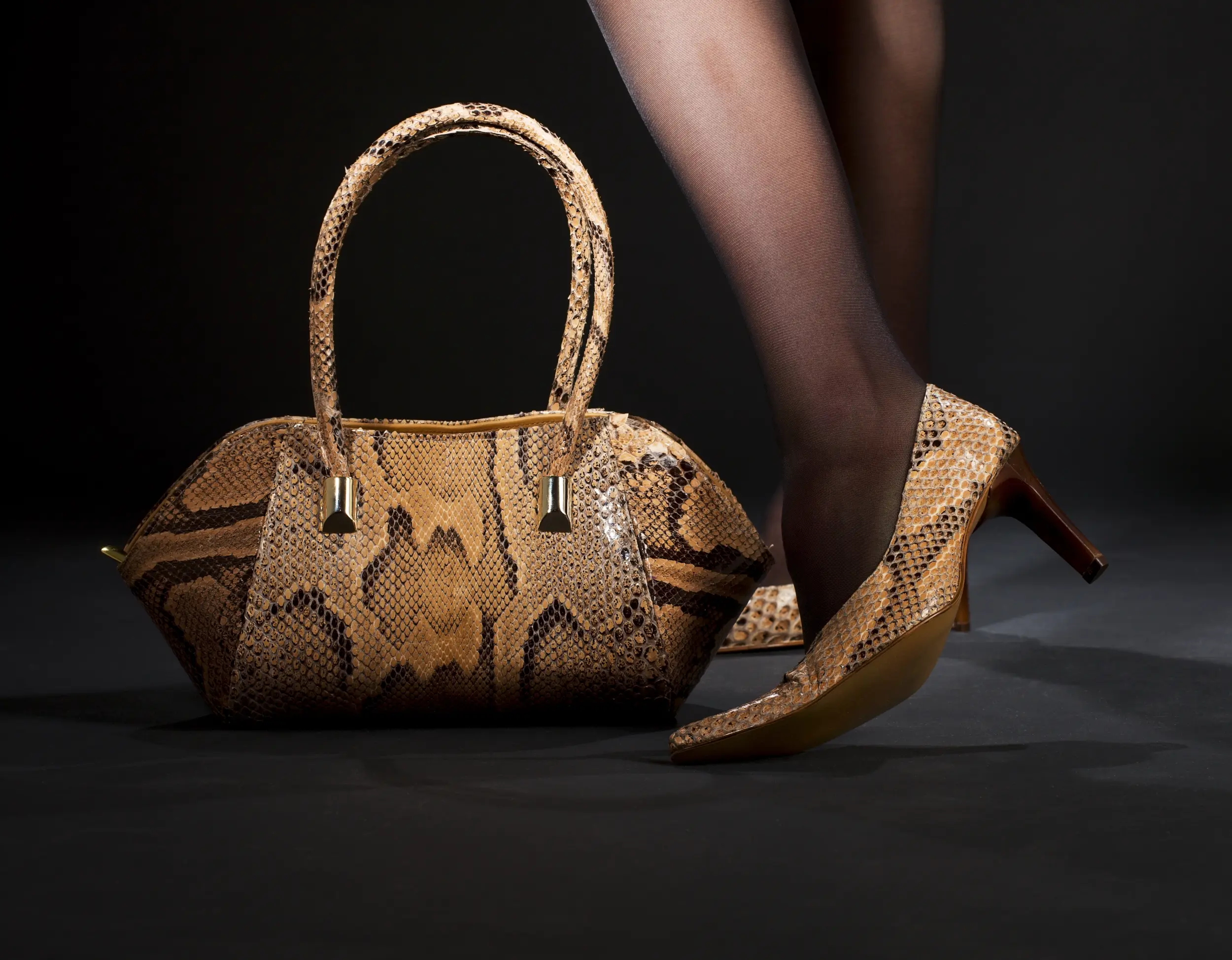
In order to strengthen customer engagement and limit the environmental impact of new collections, why not offer a ‘Customisation as a service’ option?
Connect with us to discover more.
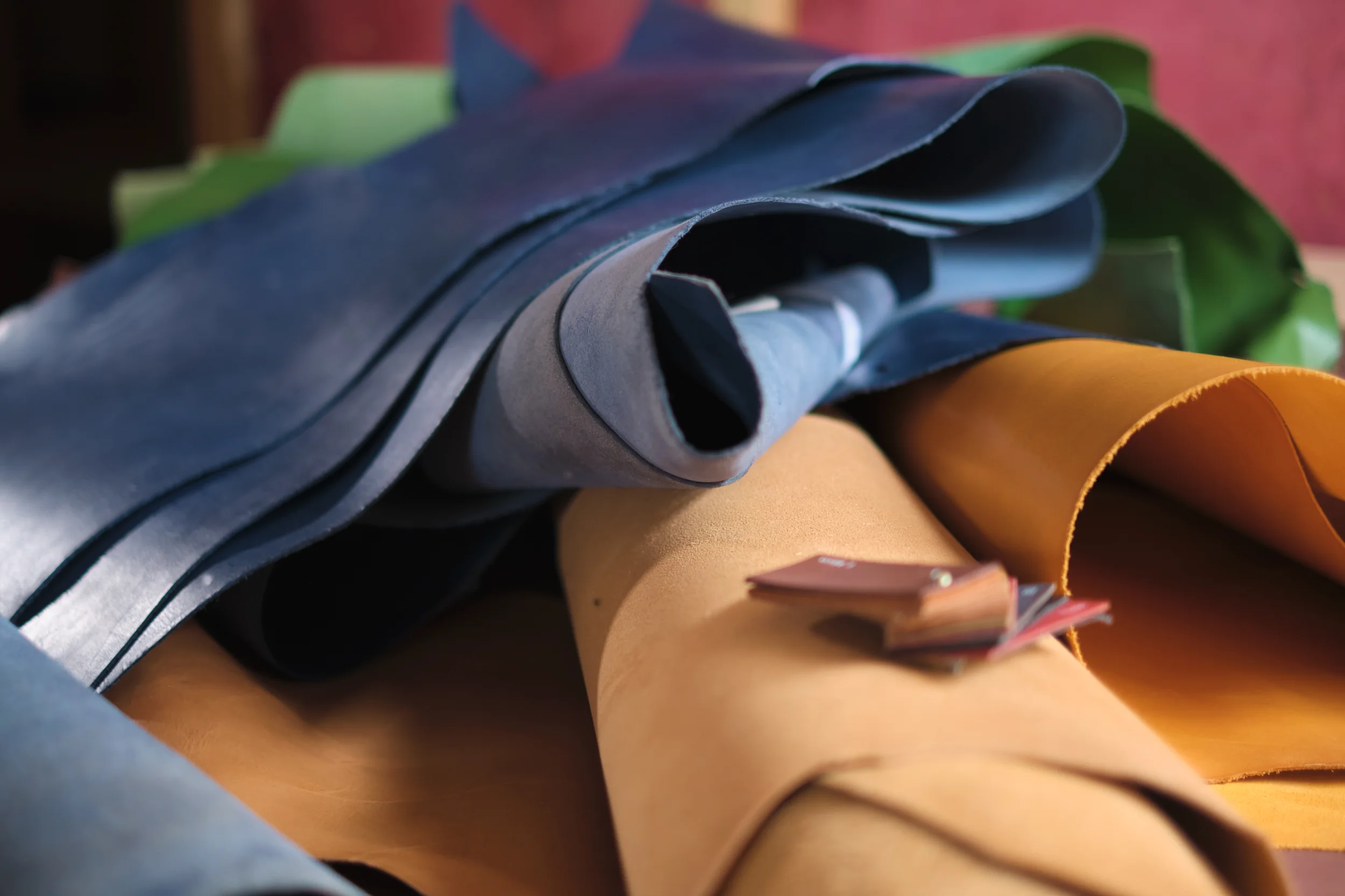
The use of precious raw materials generates parallel supply markets.
In order to avoid any damage to your reputation, it is advisable to implement a strategy for mapping, qualifying and verifying your subcontractors and suppliers’ practices.
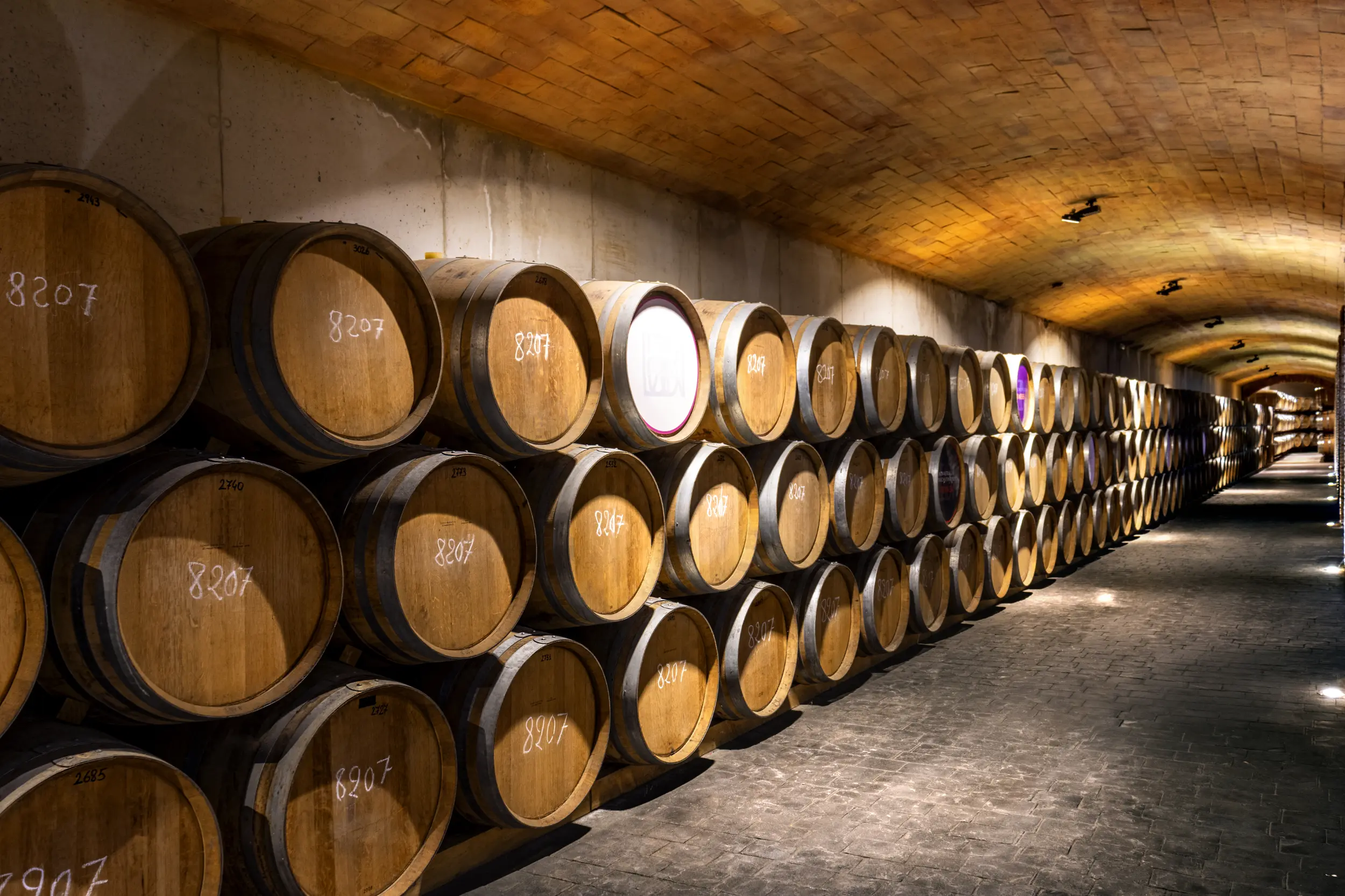
In the spirits industry, production methods are often based on traditional practices that may no longer be suited to current decarbonisation objectives.
This raises the question of how to reconcile decarbonisation with technical specifications’ compliance.
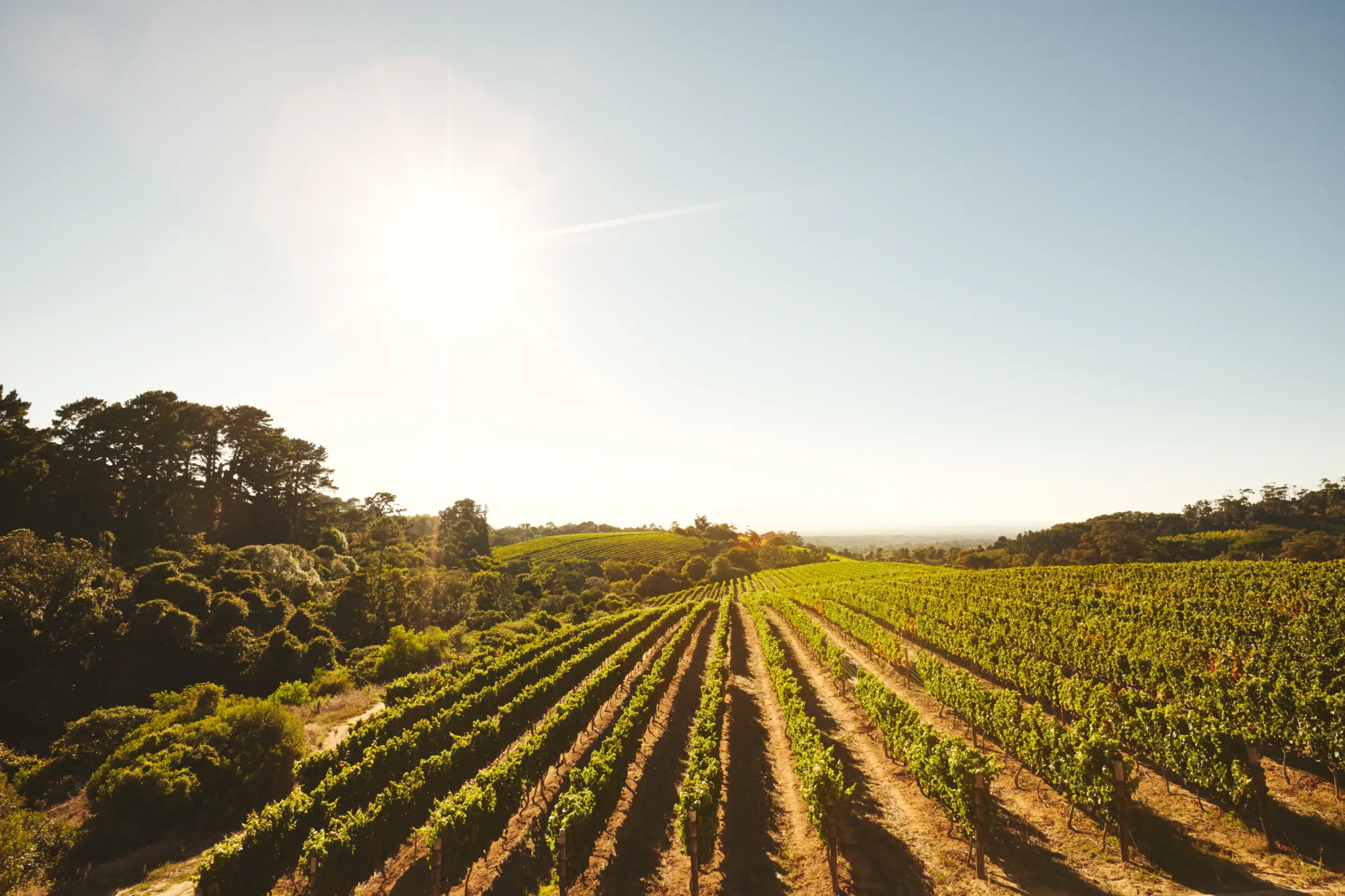
Before purchasing a manufacturing workshop (e.g. tannery), it is necessary to review all the site's historical activities to spot any cost associated with treating potential contamination.